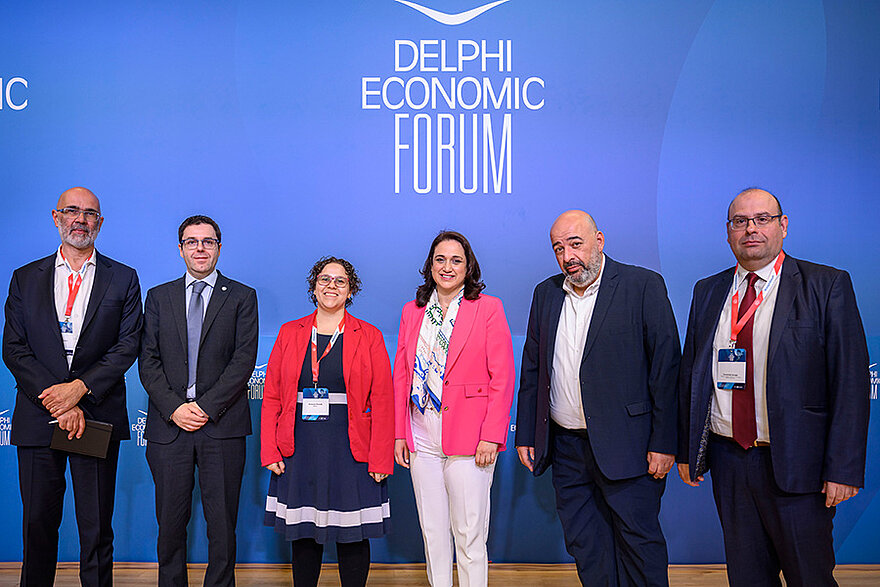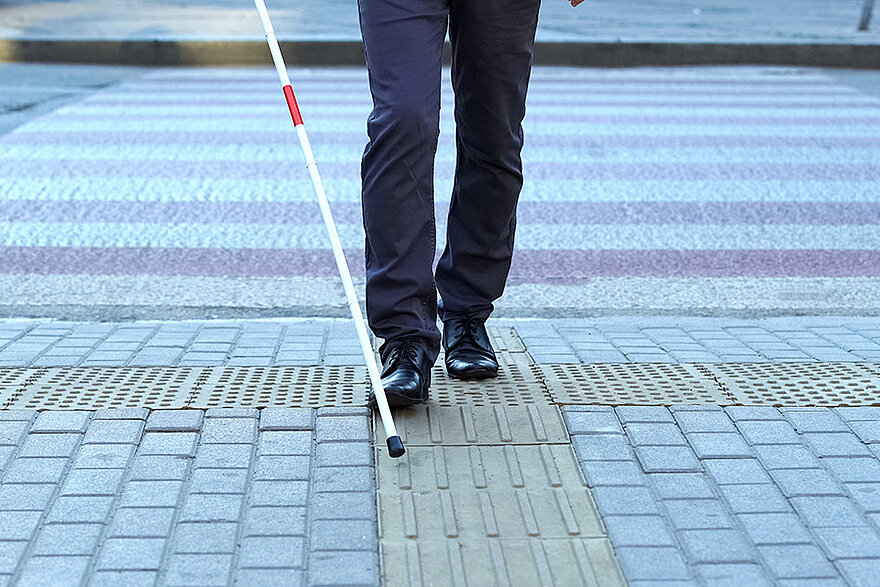Move your body!
One of the activities of the Action Line Health and Wellbeing is the Personal Fitness Club. The main objective of the Personal Fitness Club is to extend the period of independent living for older adults.
This activity focuses at increasing the emotional wellbeing. It does so based on the intuition that physical activity and emotional wellbeing are deeply linked by a two-way interaction and can hardly be achieved independently. The two-way interaction means: an active body and mind facilitate interaction with society, feeling of participation, and access to/fruition of services, factors that are known to be highly correlated with happiness.
Social interactions as motivation
On the other hand, social interactions and feeling of being part of a society (especially to a 'local' community or a 'club') act as a motivational factor for performing regular training. Indeed, as we know from modern fitness club management, training has a very strong social dimension. The virtual cycle also has the potential of creating harmonious passion, another key ingredients of happiness.
The Personal Fitness Club exploits this synergies by providing an ICT infrastructure, algorithms, interaction designs, sensors and interfaces that allows the creation, operation, and animation of virtual fitness clubs where elderly at different level of capabilities can train at home, independently (unassisted), but get the distinct feeling of training within a fitness class, with the other club members. The user applications, including those dedicated to the elderly, are designed in a way as to be used independently and to avoid the introduction of stress due to lack of ability to work with the applications and devices.
The Personal Fitness Club in a nutshell
 Personalised training programs to stimulate mental and physical well being.
Personalised training programs to stimulate mental and physical well being.
Personal Fitness Club is an online platform where trainers can offer their dedicated training from any part of the world and where trainees can choose among a variety of high-level courses specific for their needs.
 Scientifically proven to motivate adults to be active, day after day.
Scientifically proven to motivate adults to be active, day after day.
In our previous studies we demonstrated how attrition drops from 42% to 14% when using social training and that such trainings results in a faster gait speed, which is correlated with the well being of a person.
 Support for remote monitoring of performances.
Support for remote monitoring of performances.
With the help of high-class sensors, PFC offers the possibility to get a fine grained monitoring of trainee performances with the possibility to set various level of difficulties for each exercise. Monitoring is also useful to control progress and to make exercises engaging for each trainer.
Achievements at the end of Q2
Our multi-disciplinary team including psychologists, designers, engineers, and training experts, has produced a first integrated version of Personalised Fitness Club. This preliminary version has been tested internally, and with representative target users, to get early on-field feedback. These experiences are part of the iterative and user-centered approach of the project, and which greatly help us refine the tools, concept and offerings. The tests build on other tests performed last year with a preliminary version of the application, that produced results beyond our expectations.
Platform open for the first user group
In September the platform will be accessible to a first group of older adults in the context of an experimentation with a group of 40 older adults living independently that will be followed by a professional trainee. The study will be run in Trento and will evaluate the usability of the platform from the trainee and trainer prospective.
Sensors are integrated and are part of the platform, the PAM (Personal Activity Monitor, from Philips) is used to track the daily activity and to measure progress during and after the exercises. The platform offers the API to allow developers or manufacturers to integrate additional sensors.
A recommender system created by TU/e (Technical University of Eindhoven) helps the coach suggesting the correct level of intensity of each exercises for each trainee. The algorithm uses both sensed and self-reported data and provides recommendation that the coach can accept or discard.
A smartphone application created by CreateNet, will be installed on smartphones that are given to some participant in the study. This application analyzes user behavior of the phone and provides insights on the social activity and on general physical activity of the trainee.
Contact: Fabio Casati







